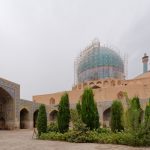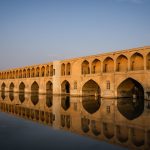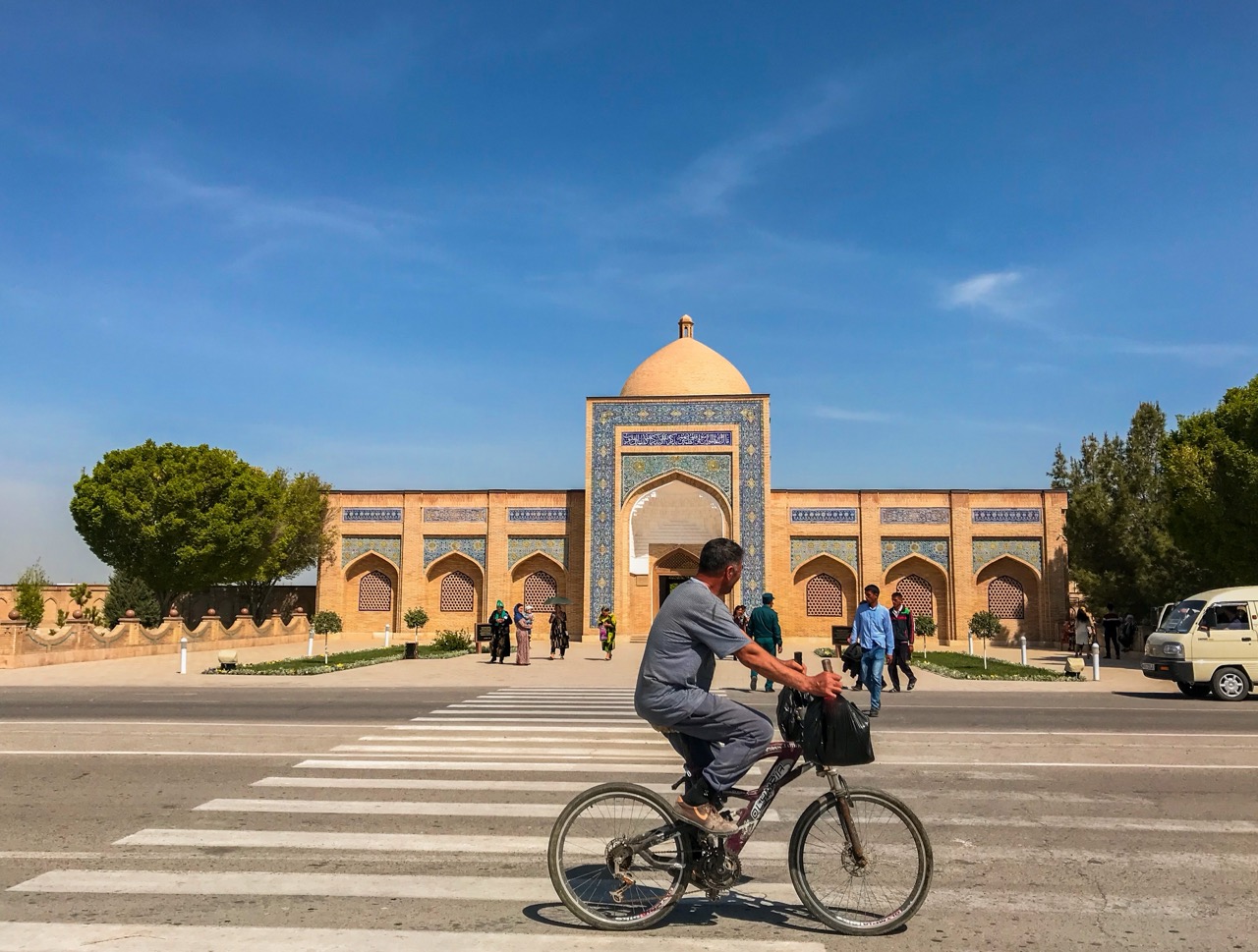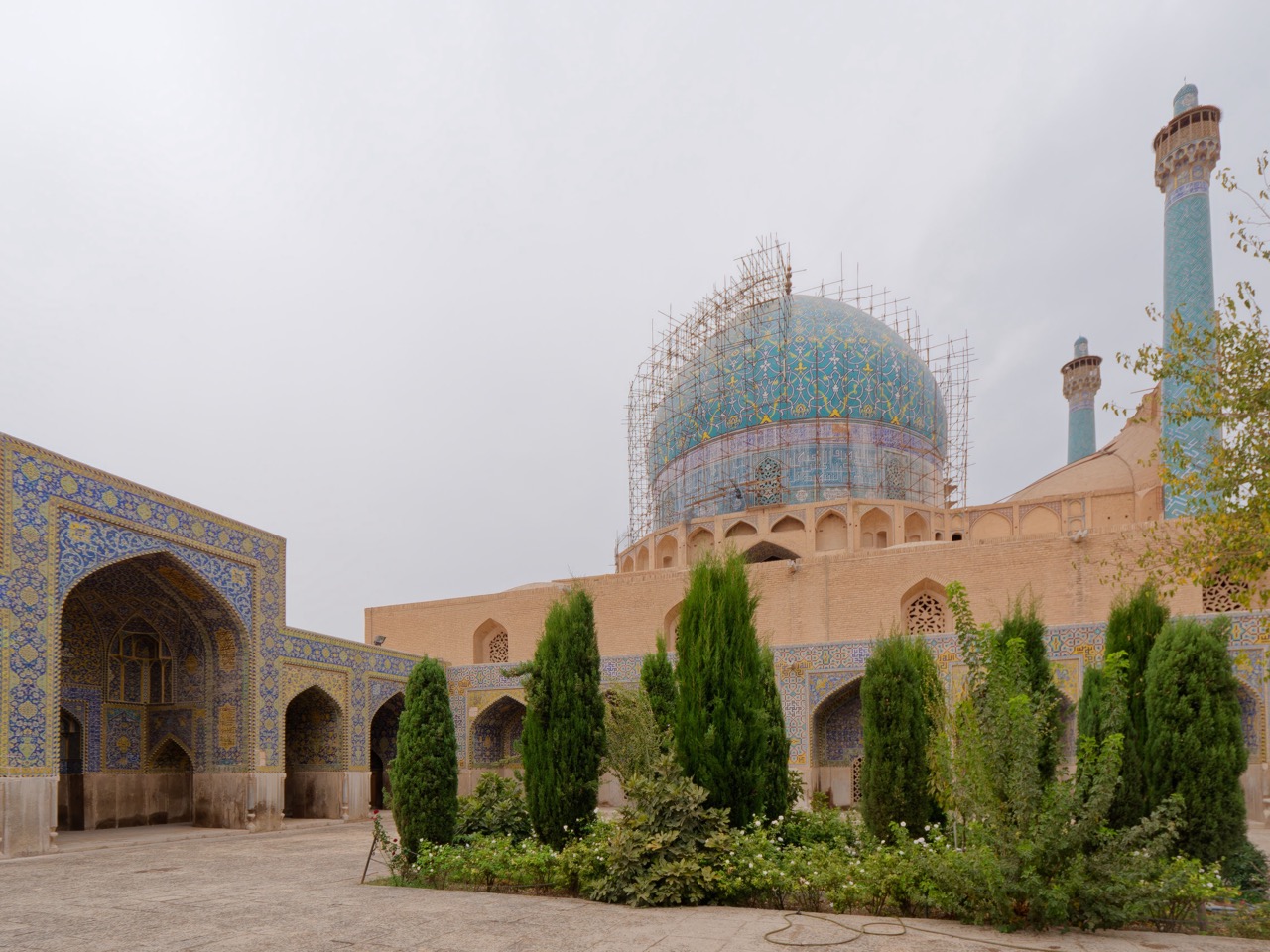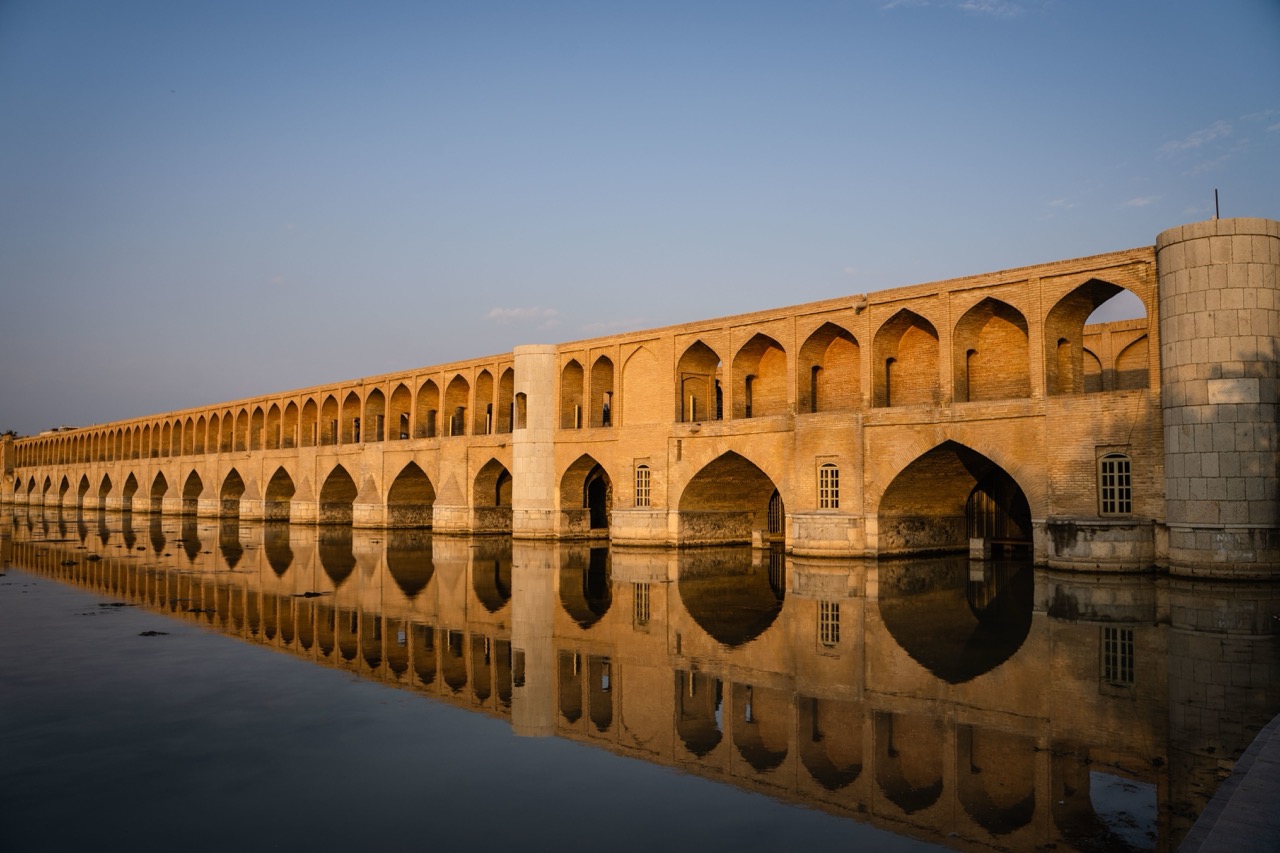Persian cinema, with its rich tapestry of culture, history, and artistry, has made a profound impact on the global film landscape. Emerging as a powerful medium of storytelling, it portrays not only the complexities of Iranian society but also resonates with universal themes of human experience. From the poetic musings of its narratives to the innovative techniques employed by its directors, Persian cinema has produced some of the most iconic filmmakers in the history of film. This article delves into the contributions of notable Persian filmmakers, highlighting their best works and the unique perspectives they bring to the cinematic world.
An Overview of Persian Cinema: A Cultural Journey
Persian cinema, dating back to the early 20th century, has evolved significantly, reflecting the sociopolitical changes of Iran. The pre-1979 era was marked by light comedies and melodramas influenced by Western cinema. However, the Islamic Revolution led to a resurgence of interest in cultural identity, giving rise to filmmakers who sought to express the realities of life in Iran. This period saw a shift towards more serious storytelling, with an emphasis on themes such as social justice, human rights, and the struggles of everyday life.
The late 20th and early 21st centuries witnessed the emergence of a new wave of directors who garnered international acclaim. The global recognition of Persian cinema can be attributed to its distinctive narrative style, which often combines realism with symbolic elements. This unique blend has allowed filmmakers to tackle sensitive topics while navigating the restrictions imposed by the Iranian government. Festivals around the world, such as Cannes and Berlin, have celebrated these artists, further elevating the status of Persian cinema on the international stage.
Today, Persian cinema continues to thrive, with a new generation of filmmakers exploring contemporary issues while staying rooted in the rich cultural heritage of Iran. The storytelling techniques and visual aesthetics characteristic of Persian films are not only influential within the country but have also inspired filmmakers worldwide. As a cultural journey, Persian cinema invites audiences to engage with its narratives, offering insights into the complexities of life in Iran and the universal human experience.
Abbas Kiarostami: Master of Poetic Realism in Film
Abbas Kiarostami is often regarded as one of the most significant figures in Persian cinema, renowned for his innovative approach to storytelling and visual composition. His films frequently blur the lines between reality and fiction, employing a style that has come to be known as poetic realism. Kiarostami’s work reflects the beauty and simplicity of everyday life while simultaneously delving into profound philosophical questions. His unique perspective on human existence resonates deeply with audiences, offering a contemplative experience that encourages introspection.
One of Kiarostami’s most celebrated films, "Taste of Cherry" (1997), exemplifies his mastery of poetic realism. The film follows a man’s search for someone to bury him after he decides to commit suicide. The minimalist approach, combined with the breathtaking Iranian landscape, creates a meditative atmosphere, inviting viewers to ponder the nature of life and death. Kiarostami’s ability to evoke emotion through silence and subtlety sets him apart as a visionary filmmaker, earning him the prestigious Palme d’Or at the Cannes Film Festival.
Another notable work, "The Wind Will Carry Us" (1999), further showcases Kiarostami’s exploration of existential themes. The film follows a group of filmmakers as they travel to a remote village to document a local tradition. Through this narrative, Kiarostami reflects on the passage of time, the fragility of life, and the intersection of modernity and tradition. His films often leave audiences with more questions than answers, prompting a personal connection to the themes presented. Kiarostami’s legacy continues to inspire filmmakers and cinephiles alike, solidifying his place as a master of cinema.
Asghar Farhadi: Exploring Human Emotion Through Narrative
Asghar Farhadi is another luminary in Persian cinema, renowned for his intricate storytelling and nuanced character development. His films often explore the complexities of human relationships within the context of contemporary Iranian society. Farhadi’s work is marked by a focus on moral dilemmas, family dynamics, and the socio-political challenges faced by individuals, making his narratives both relatable and profound. His ability to delve into the intricacies of human emotion has garnered him critical acclaim and a dedicated international following.
Farhadi’s film "A Separation" (2011) is a prime example of his storytelling prowess. The film revolves around a couple facing a difficult decision regarding their marriage and the care of an elderly parent. It intricately examines themes of love, responsibility, and the struggle for individual autonomy within societal constraints. "A Separation" received numerous awards, including the Academy Award for Best Foreign Language Film, and it stands as a testament to Farhadi’s skill in portraying the moral complexities of life.
Another noteworthy film, "The Past" (2013), expands on Farhadi’s exploration of relationships and their repercussions. Set against the backdrop of a divorce, the film intricately weaves past and present, revealing how decisions made can ripple through time and affect individuals in unforeseen ways. Farhadi’s ability to capture the essence of human emotion through tense dialogue and poignant storytelling solidifies his reputation as a master of modern cinema. His work not only enriches Persian cinema but also contributes significantly to the global narrative landscape.
Jafar Panahi: Defiance and Innovation in Modern Filmmaking
Jafar Panahi is known for his audacious approach to filmmaking, often using his art as a tool for social commentary. His works reflect the struggles of living under a repressive regime, and he has established himself as a voice for the voiceless in Iranian society. Panahi’s defiance against censorship and his commitment to storytelling have shaped his position as one of the most influential filmmakers in Persian cinema. His unique ability to blend fiction with documentary elements creates a powerful narrative style that challenges traditional cinematic norms.
One of Panahi’s most acclaimed films, "The Circle" (2000), addresses the plight of women in Iran, highlighting issues such as domestic violence, social stigma, and the harsh realities of life under a patriarchal society. The film follows several women as they navigate the challenges of their circumstances, intertwining their stories in a poignant commentary on the limitations imposed upon them. Panahi’s work serves not only as a reflection of societal issues but also as a call for empathy and understanding from the audience.
Despite facing a 20-year ban from filmmaking, Panahi has continued to create remarkable works that push the boundaries of traditional cinema. His film "This Is Not a Film" (2011), shot during his house arrest, exemplifies his resilience and creativity. The film blurs the line between reality and fiction as Panahi shares his thoughts on art, creativity, and oppression, ultimately becoming a powerful statement against censorship. In every project, Jafar Panahi showcases the spirit of defiance, making him an icon of modern filmmaking and a vital figure in the discourse surrounding artistic freedom.
The legacy of Persian cinema is intricately woven into the fabric of its most iconic filmmakers, whose works continue to resonate with audiences around the world. From the poetic realism of Abbas Kiarostami to the emotionally charged narratives of Asghar Farhadi and the defiant spirit of Jafar Panahi, these directors have not only shaped the landscape of Iranian cinema but have also contributed significantly to the global film narrative. Their films invite viewers to reflect on the complexities of human nature, societal norms, and the enduring quest for freedom of expression. As Persian cinema continues to flourish, it remains a vital cultural force, enriching the artistic dialogue that transcends borders and connects us all through shared human experiences.

